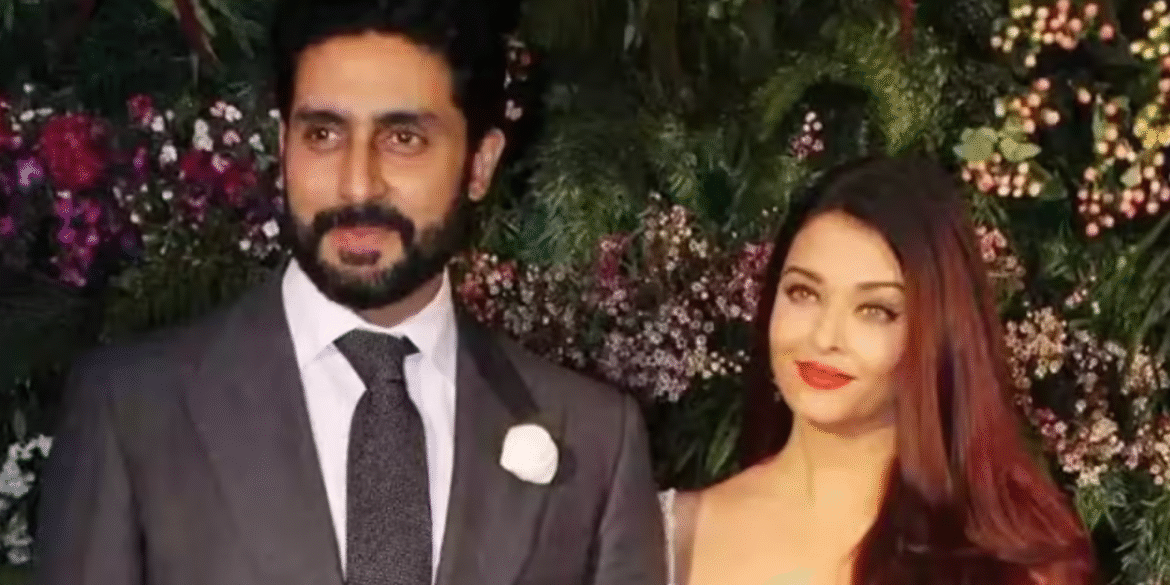YouTube has taken down hundreds of AI-generated Bollywood videos that had amassed over 16 million views, following legal action initiated by Bollywood power couple Abhishek Bachchan and Aishwarya Rai Bachchan. The move comes after Reuters reported that content strikingly similar to those cited in the couple’s lawsuit was still available on the platform despite earlier court orders.
The Bachchans recently approached a New Delhi judge seeking an injunction to remove and prohibit the creation of AI videos that infringe upon their intellectual property rights. Their legal action also challenges YouTube’s policies on AI training, raising questions about how the platform handles manipulated and synthetic content.
Last month, a judge had ordered the takedown of a handful of YouTube links identified in the lawsuit. However, hundreds of similar clips, many showing celebrities in fabricated romantic or intimate scenarios through AI manipulation, continued to circulate.
One of the most prominent channels, “AI Bollywood Ishq,” which hosted 259 AI-generated videos and had drawn nearly 16.5 million views, has now been completely deleted. On Friday, its link displayed the message: “This page isn’t available,” confirming that none of its content is accessible anymore.
In a statement to Reuters, YouTube explained that the channel was deleted by its creator but emphasized that the company prohibits harmful misinformation and removes manipulated content that misleads viewers. The platform, which boasts over 600 million users in India, remains a major hub for Bollywood-themed entertainment content.
Among the videos previously available was an AI-generated animation depicting Salman Khan and Aishwarya Rai in a swimming pool, which alone had garnered more than 4.1 million views. Other videos included altered clips of Abhishek Bachchan manipulated to show him kissing actresses, and fabricated scenes of Aishwarya with Salman Khan.
Despite the removals, some similar videos still remain online. The Bachchans are seeking $450,000 in damages against Google and other websites accused of misusing their likeness and selling unauthorized merchandise featuring their images.
The case highlights the growing debate over personality rights, the misuse of AI-generated content, and the responsibilities of digital platforms in protecting celebrities and public figures from deepfake manipulation.

